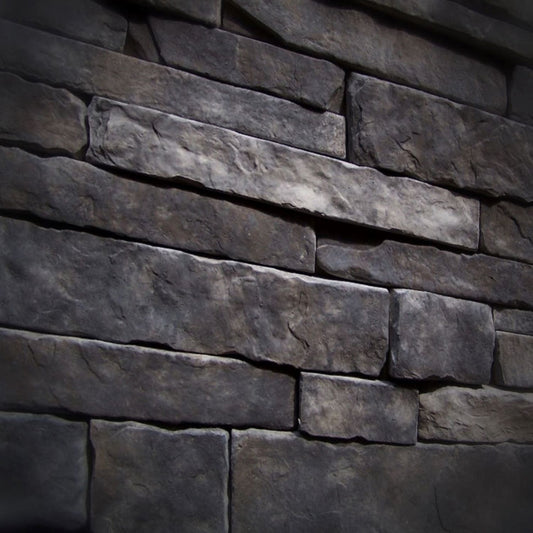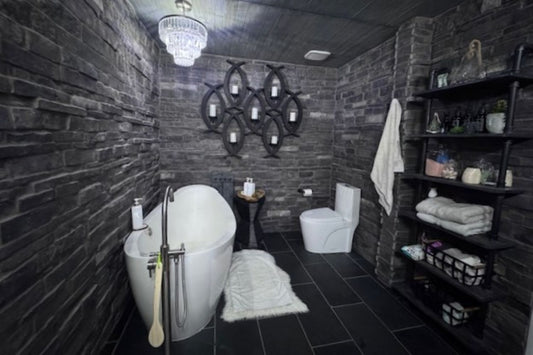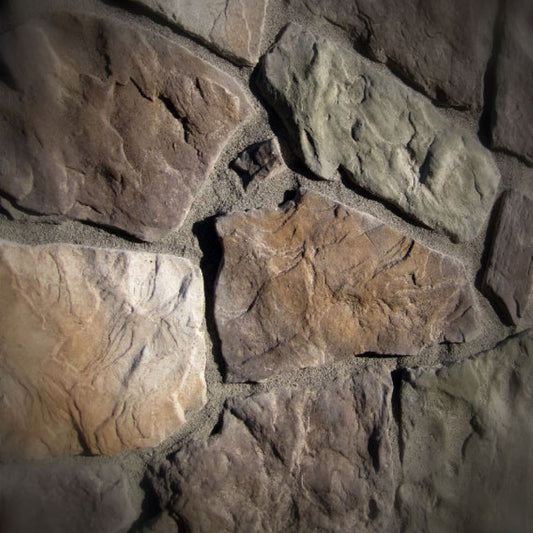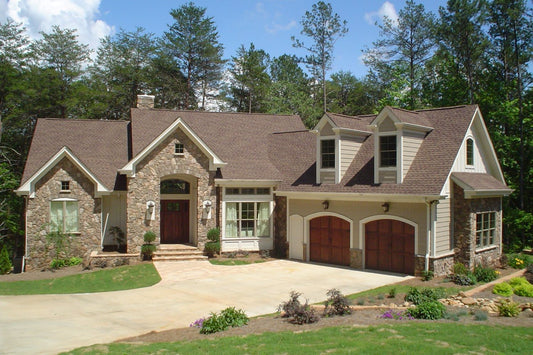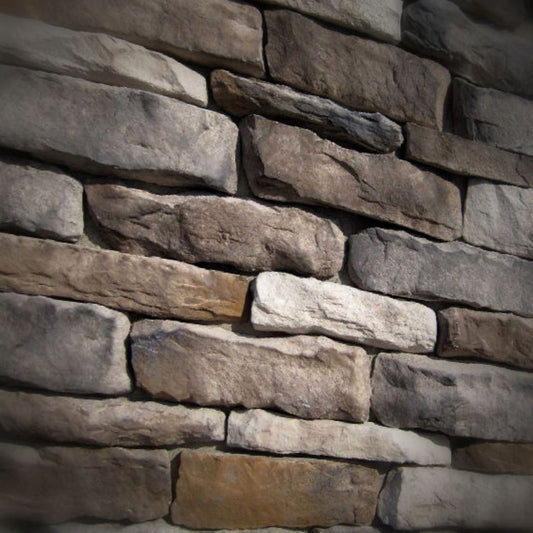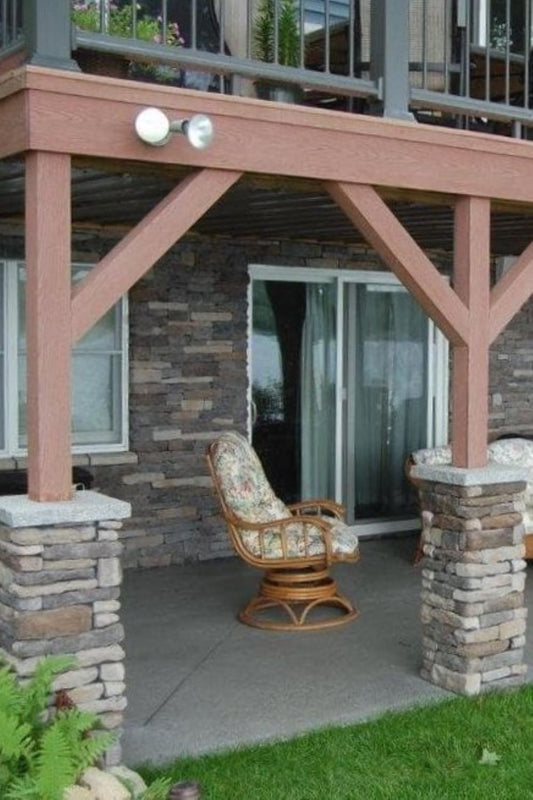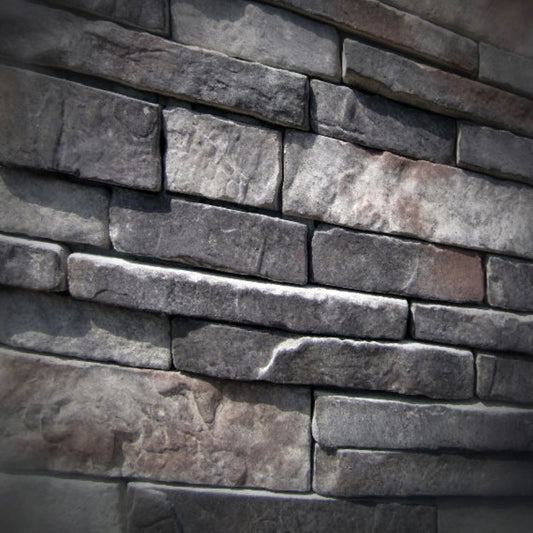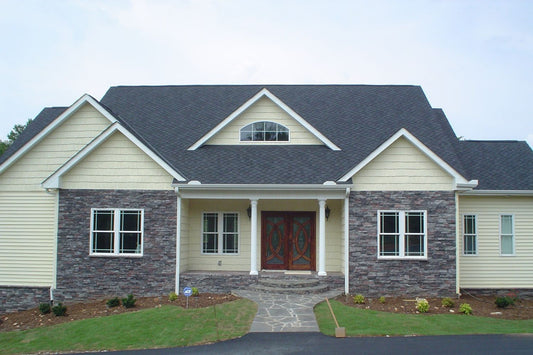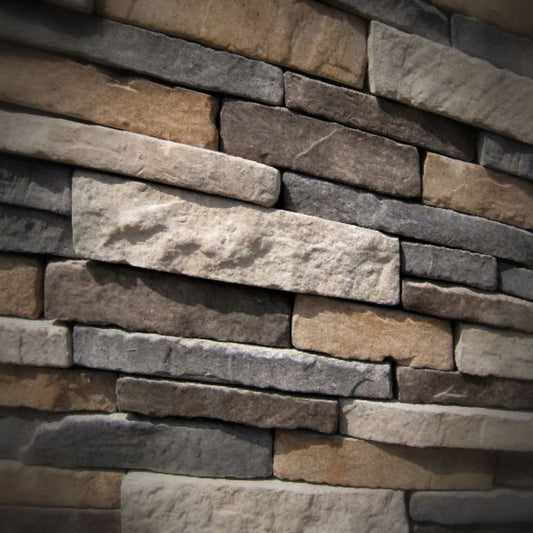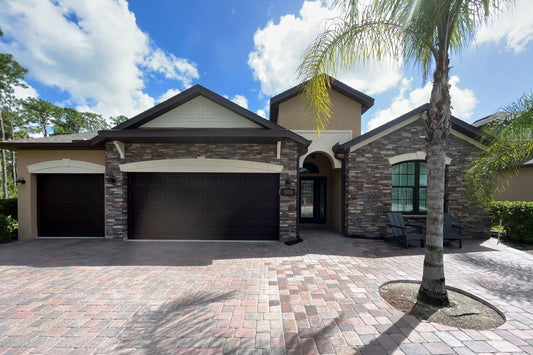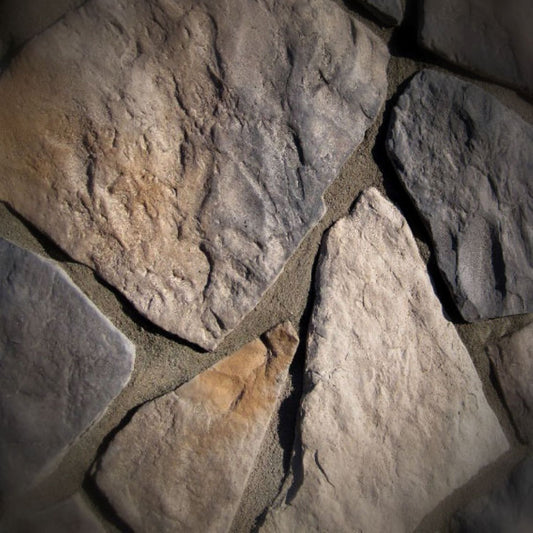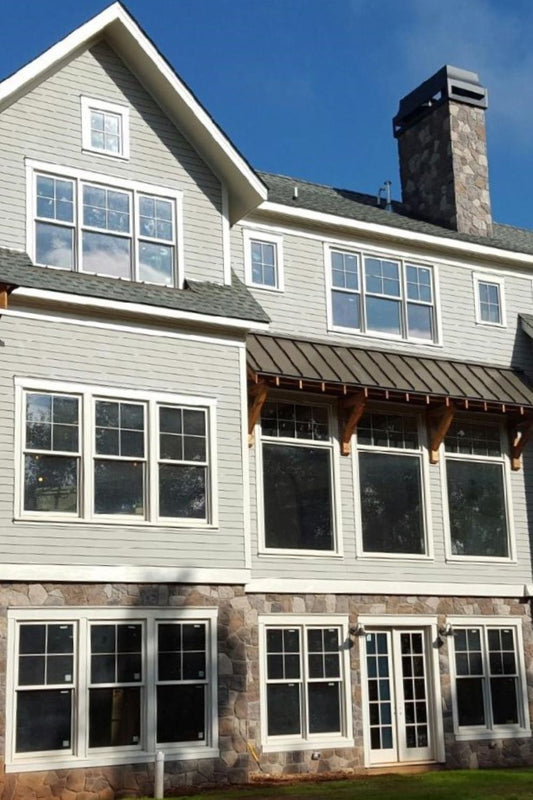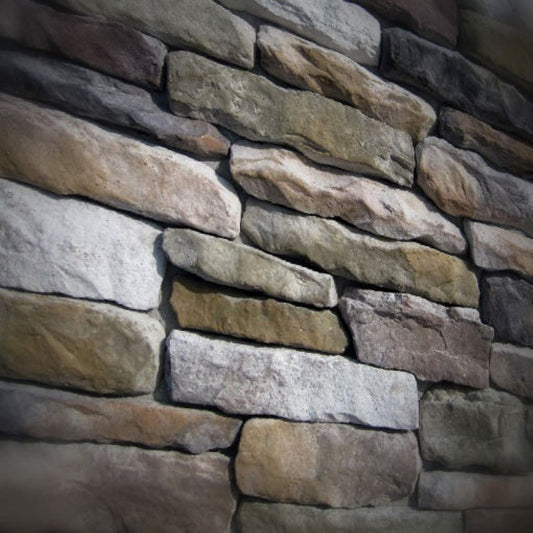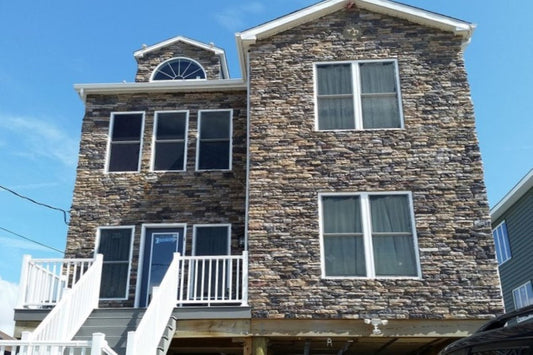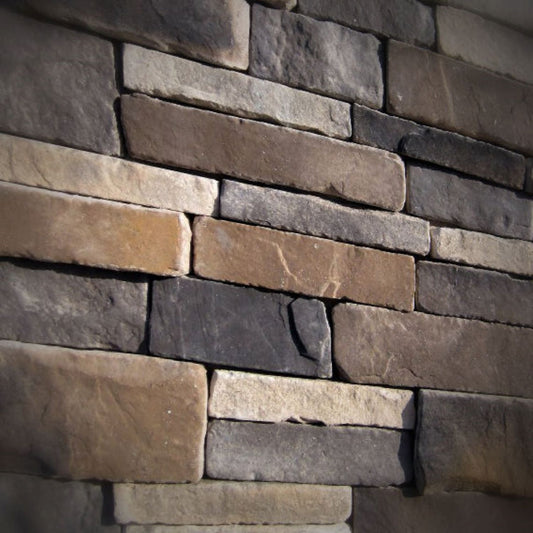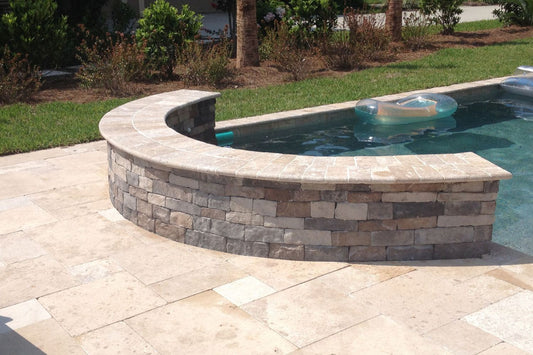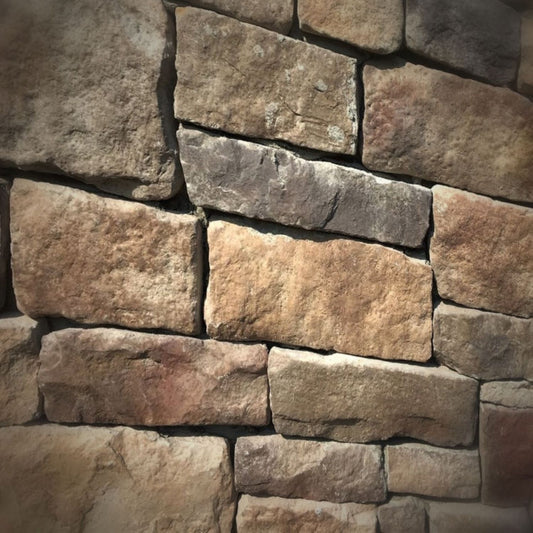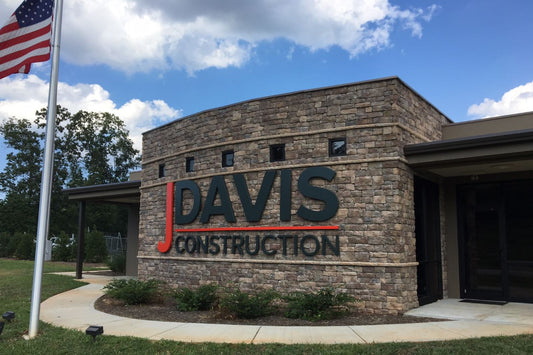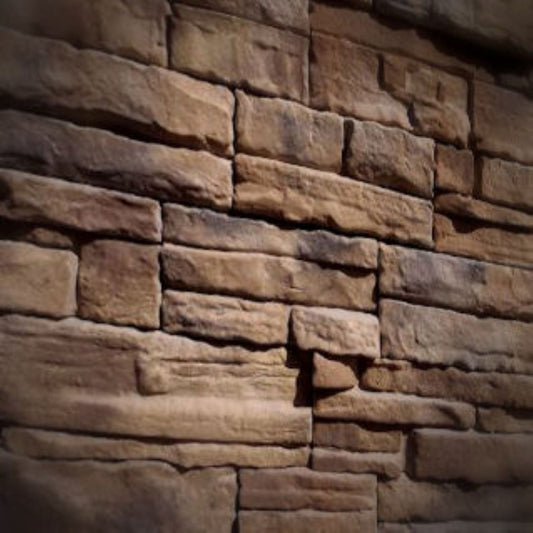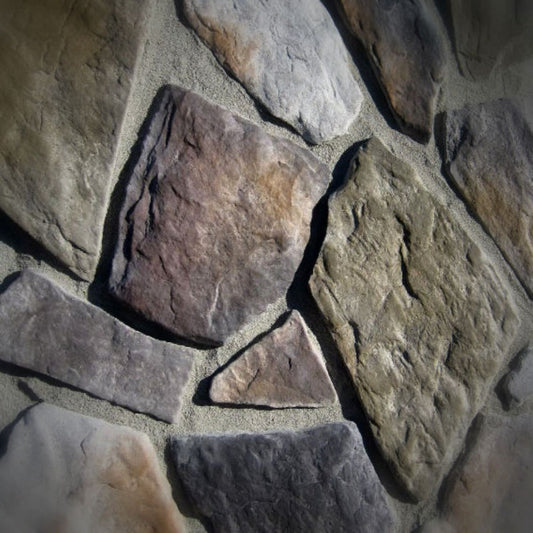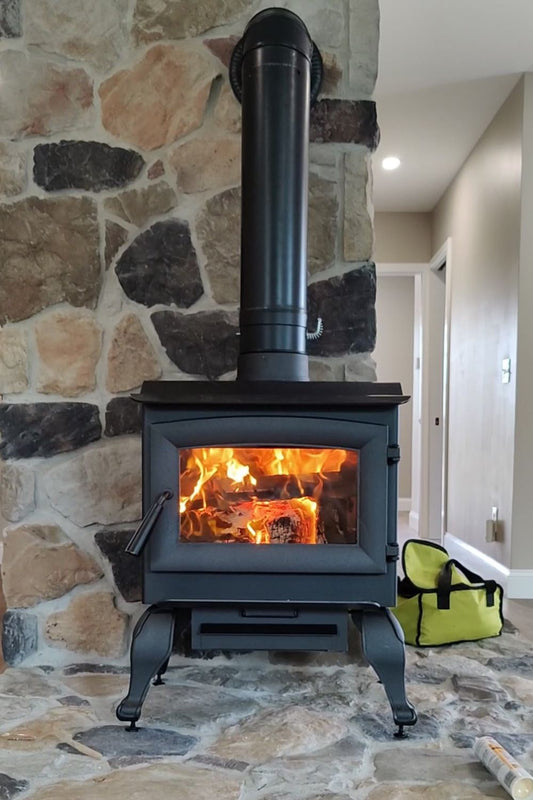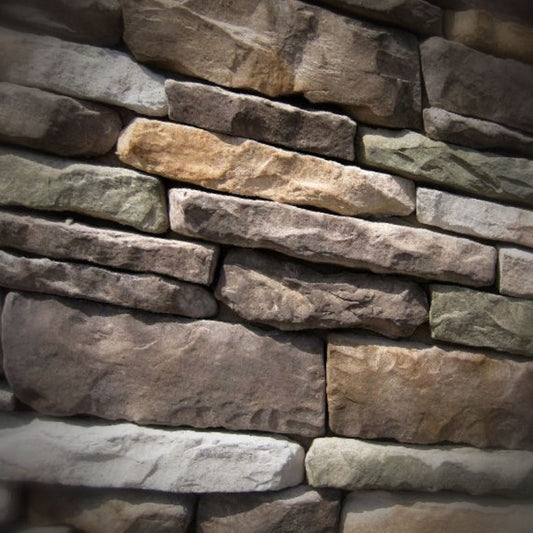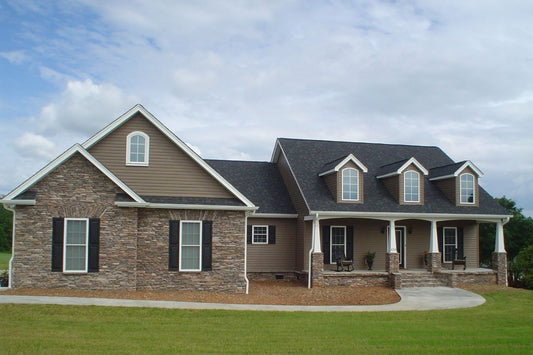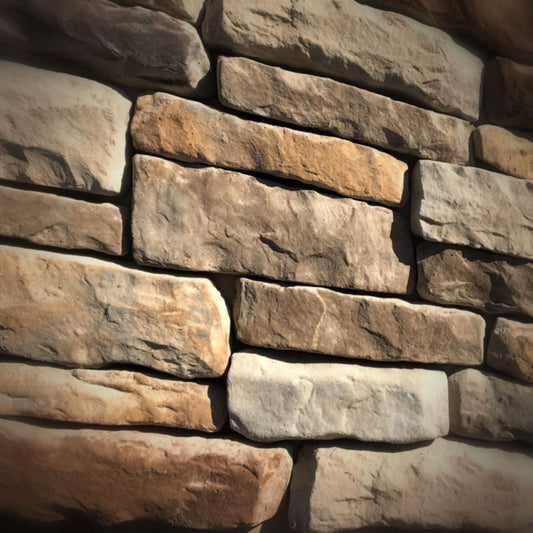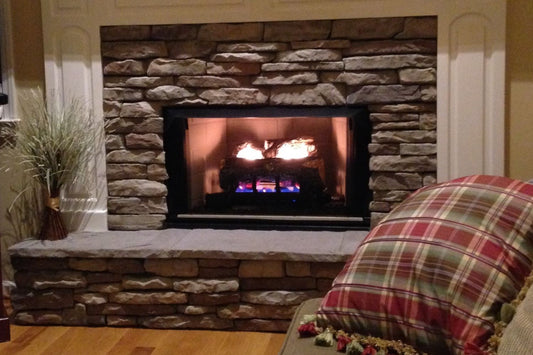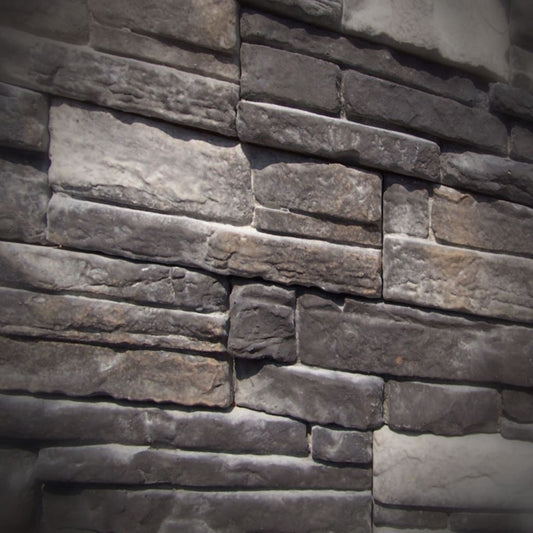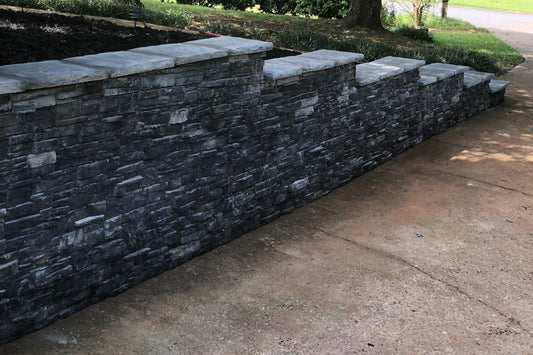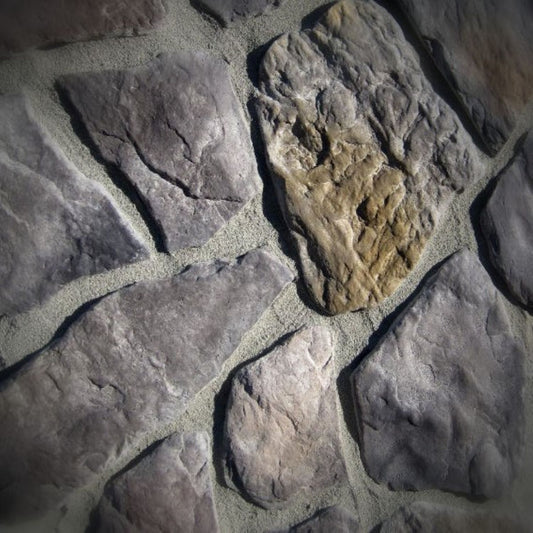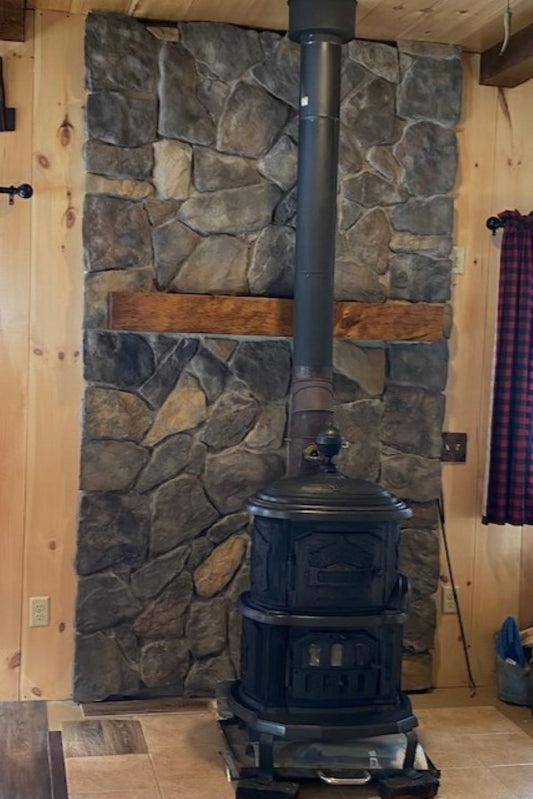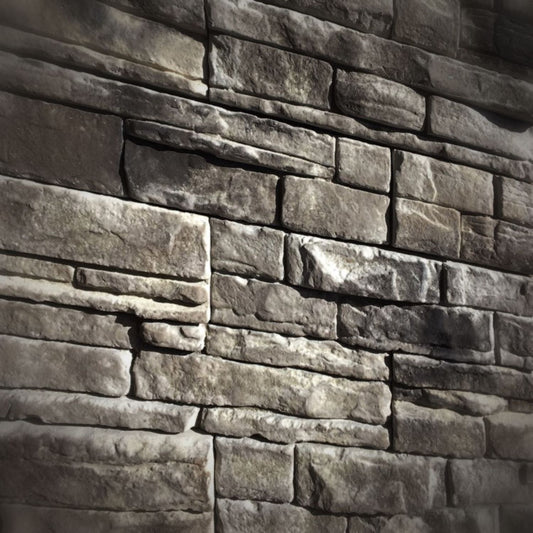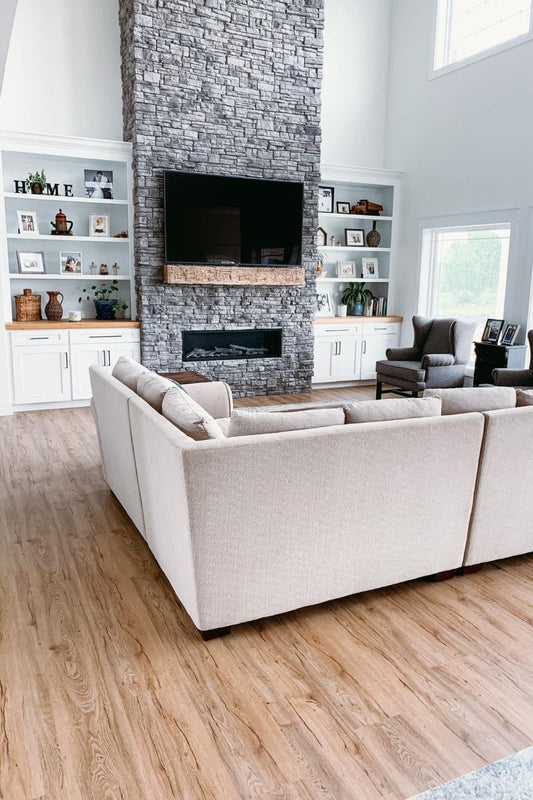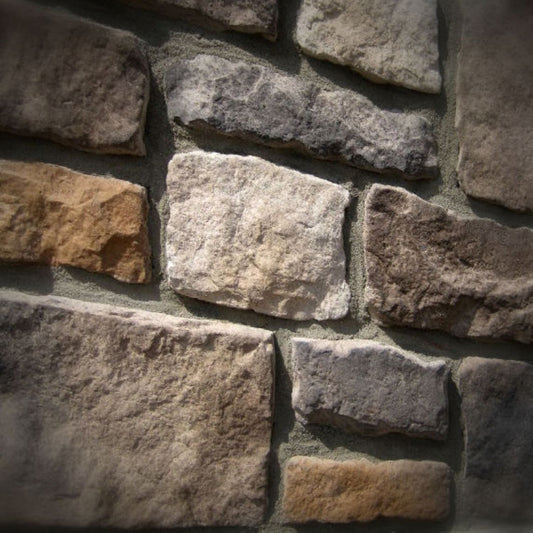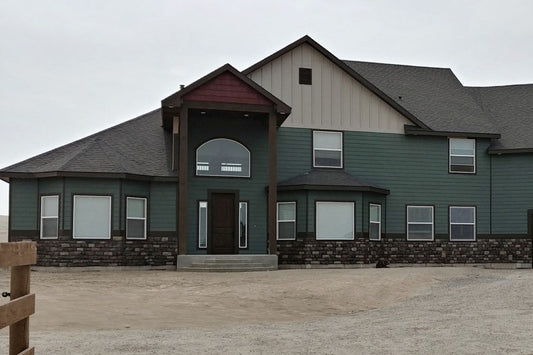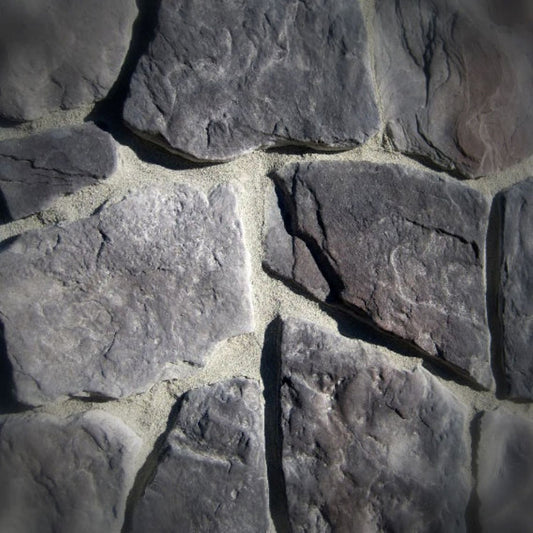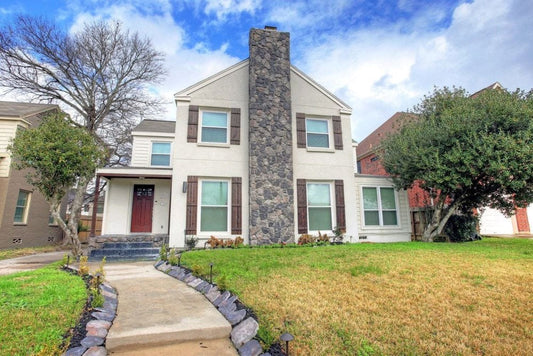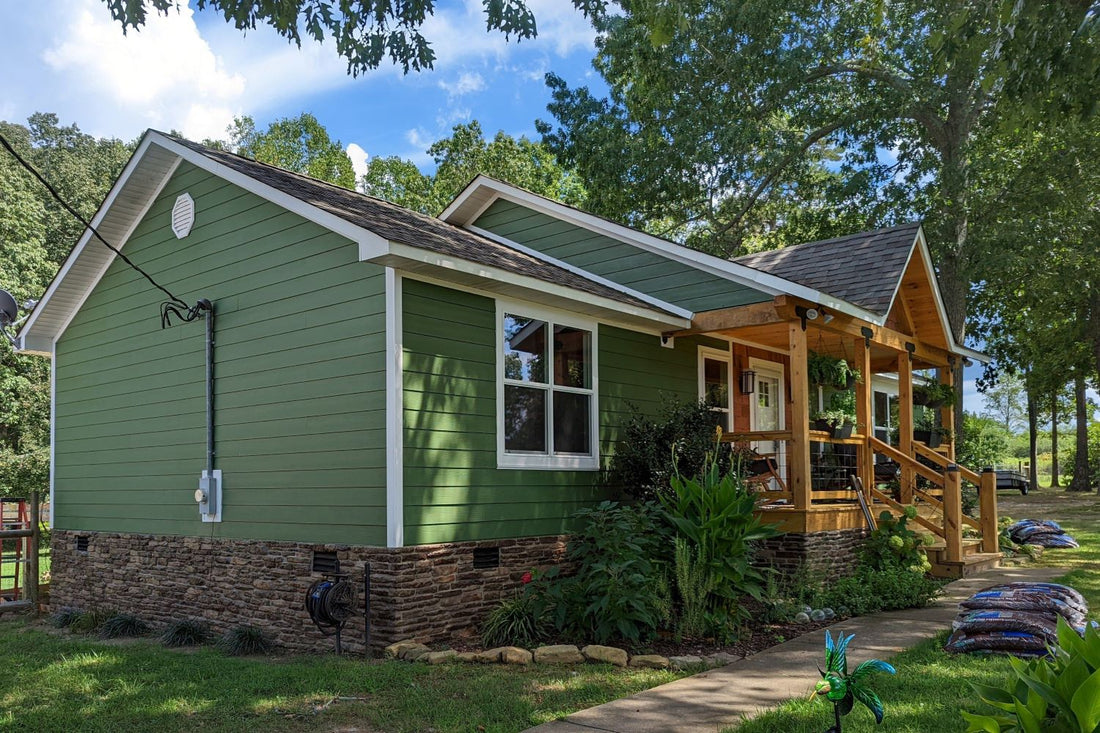
Is Stone Veneer Considered a Green Building Material?
Share
Manufactured stone veneer has grown in popularity for homeowners, designers, and builders looking for a stylish and durable alternative to natural stone. But with sustainability becoming a key factor in construction, many are asking: is manufactured stone veneer considered a green building material? In this post, we’ll explore what makes a building material “green” and how manufactured stone veneer measures up.
What makes a material green?
Green building materials are defined by their environmental impact, resource efficiency, and durability. Key factors include:
1. Sustainable sourcing: materials produced with minimal environmental disruption.
2. Energy efficiency: low energy consumption in production and installation.
3. Recyclability: ability to be reused or recycled at the end of its life.
4. Longevity: durable materials that reduce the need for replacement.
5. Low emissions: minimal toxins or harmful chemicals in production and use.
Why manufactured stone veneer is a sustainable option
Manufactured stone veneer is generally made from Portland cement, lightweight aggregates, and natural pigments, molded to replicate the look of natural stone. Here’s why it’s often considered eco-friendly:
1. Reduced natural stone extraction: unlike natural stone, manufactured veneer doesn’t require quarrying massive amounts of rock, which significantly reduces environmental disturbance.
2. Lightweight and efficient transportation: manufactured stone is lighter than real stone, which lowers transportation energy costs and reduces greenhouse gas emissions during delivery.
3. Durability and longevity: properly installed stone veneer can last for decades with minimal maintenance, reducing the need for frequent replacement.
4. Minimal waste: many manufacturers produce veneer panels in standardized sizes, which can minimize on-site waste compared to cutting natural stone.
Frequently asked questions
1. Is manufactured stone veneer better for the environment than natural stone? Yes, in many cases. It reduces quarrying, is lighter for transportation, and generates less on-site waste, making it a more sustainable option overall.
2. How long does manufactured stone veneer last? with proper installation and care, it can last for decades, reducing the need for replacement and minimizing material waste.
3. Does sealing stone veneer affect its eco-friendliness? Some sealers may contain chemicals, so using low-VOC or environmentally friendly sealers is recommended.
4. Can manufactured stone veneer be used in energy-efficient building designs? Yes. It can improve insulation efficiency when combined with proper wall systems, supporting energy-efficient construction.
5. Does manufactured stone veneer require a lot of maintenance? No. It’s low maintenance, typically only needing occasional cleaning and resealing depending on exposure and climate, which reduces resource use over time.
Is stone veneer considered a green building material?
Overall, manufactured stone veneer can be considered a green building material due to the combination of durability, reduced environmental impact, and versatility makes it a practical choice for eco-conscious construction and design projects.
You may also like
Does manufactured stone need sealing? Essential tips for homeowners.
Stone veneer care & maintenance: Tips for long-lasting beauty.
Individual stones or stone panels: Which is right for your project?
What's next?
Transform your space with premium stone veneer. Order a sample to experience the authentic texture and vibrant colors up close or shop now to start a timeless, durable project.
Have a question?
Please see our full terms of service.
For general information and questions please call: (864) 882-8960 Mon. - Fri. 8am - 5pm (EST) or email: info@mountainviewstone.net we are more than happy to help you.
Or you can submit your questions via our contact us page.
We look forward to working with you on your upcoming project.
The Black Bear Mountain Stone Team
Pictured is ledge stone mossy creek.

